|
30
AUG
2014
|
|
|
|
It’s funny how some of the most iconic stories and images we have in our minds of rabbits involve them eating vegetables (think Peter Rabbit or Bugs Bunny). They certainly do love treats like carrot tops, but these are treats only. Rabbits, like other fibrevores, need a great deal more than vegetables to survive. And mostly what they need are grasses and hay.
Who and What Are Fibrevores?
Fibrevores is a bit of a funny term isn’t it? And, it’s hardly one of the terms we learn in school; instead we’re treated to carnivores, herbivores and omnivores. So, let’s work with what we know. Fibrevores are herbivores – they don’t eat any meat. But, they’re a tad more specialised than that. They have developed a strong, overwhelming need for fibre.
Fibre, of course, is found in grains and grasses. Of course, we have it added to some of our foods to keep us moving, but for the most part, fibrevores get their daily intake of fibre .. [More]
|
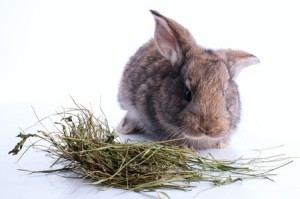
|
|
|
Tags :
A Quick Guide to Feeding Hay , Feeding Hay in South Africa , Timothy Hay South Africa , Rabbit Food South Africa , Guinea pig food south africa , chinchilla food south africa
|
|
|
|
01
JUL
2014
|
|
|
|
Did you know that just like humans, your guinea pigs cannot make their own supply of vitamin C? It is therefore important that the food they eat provides this essential vitamin to them on a daily basis and the reason why Bunny Nature formulated Guinea Pig Dream pellets.
Why is Vitamin C important in my Guinea Pig’s food?
If your guinea pig develops a vitamin C deficiency then he could become very ill indeed. He could develop scurvy and become less resistant to other diseases. Other symptoms include a rough coat of hair, loss of appetite, lameness and an inability to overcome infections.
Bunny Nature guinea pig pellets, combined with a good quantity of hay, such as timothy hay, will help your guinea pig eat a diet with sufficient amounts of vitamin C. You can supplement this diet with other highly nutritious treats, such as fresh fruit and veg, although you should be mindful to feed them only as a treat as many can be full of natural sugars.
Fruit a.. [More]
|
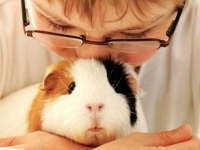
|
|
|
Tags :
Guinea Pig Food and Vitamin C South Africa
|
|
|
|
26
JUN
2014
|
|
|
|
Just as people are becoming increasingly aware of how many preservatives, hormones, synthetic dyes and chemicals are present in many conventional food sources, and how detrimental they can be to human health, so are they realizing that synthetic chemicals are not good for their beloved pets, either. The health craze that has been sweeping the modern world hasn’t stopped at human food. Your veterinary technician will agree: high quality pet food is worth the price.
People need healthful, nutrient-rich food with plenty of vitamins and minerals and as few chemicals and “fillers” as possible for long life and an overall sense of well-being. So does your pet. High quality pet food usually costs a bit more because rather than using cheap, empty ingredients, quality pet food is packed with protein-rich nutrition, with natural rather than chemical preservation. If you can afford it, buying high quality types of pet food is altogether worth the money for the benef.. [More]
|
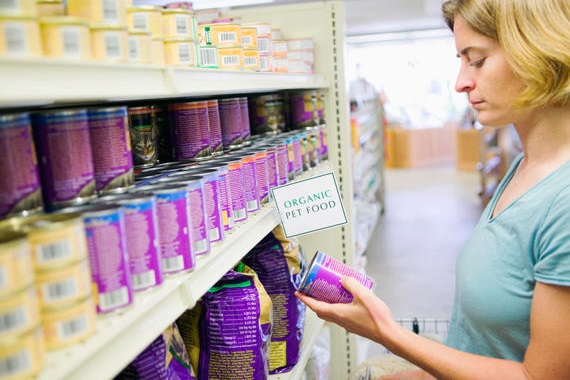
|
|
|
Tags :
Avoiding Bad Ingredients In Small Animal Petfood , Dangerous Preservatives in Guinea Pig Food , Bad Ingredients in Chinchilla Food , Ingredients To Avoid In Rabbit Food , Avoiding Bad Pet Food Ingredients
|
|
|
|
15
JUN
2014
|
|
|
|
Oats been called the super food of the world from reducing asthma risk, control appetite hormones, part of gluten free diet, improve insulin….etc. In recent case, it is used more frequently as a supplement for small animals – providing necessary fattening agent and nutritional benefits.
Unknown to many, rolled oats are steamed groats that have literally been rolled out and flattened, with the bran (nutritional part) discarded. When most people think of “oats,” they’re thinking of rolled oats.
The main problems with oats are the phytic acid and the avenin, a protein in the prolamine family (along with gluten from wheat, rye, and barley, and zein, from corn). As far as phytic acid (or phytate) goes, oats contain less than corn and brown rice but about the same amount as wheat. Phytate has the tendency to bind minerals and prevent their absorption. So, even if a grain is rich in minerals, the presence of phytate prevents their full absorpt.. [More]
|
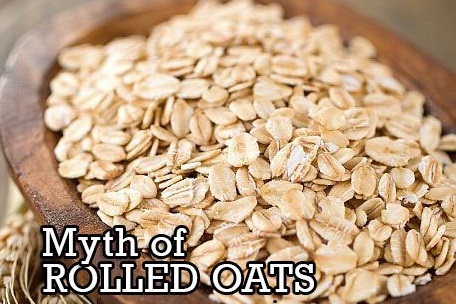
|
|
|
Tags :
Are Oats Healthy for Small Animals?
|
|
|
|
12
JUN
2014
|
|
|
|
Hay should form the foundation of a rabbit’s, guinea pig’s and chinchilla’s diet and you need to make sure you are feeding a plentiful supply each and every day. There are a number of different types of hay available and certain things you should look out for before feeding, so in this post we aim to walk you through them…
timothy grass
Pay Close Attention…
Before offering the hay to your pets make sure it is clean, free of dust and smelling fresh. To keep it at its peak you need to store the hay in a sealed bag in an area free from damp because it can quickly spoil. Keep it tightly packed because air helps it to become dry and brittle, which needs to be avoided. Hay retains a wonderful aroma, so have a smell – you should be able to smell the aroma of a grassy meadow.
Be consistent…
Fibrevores have a sensitive digestive system which does not cope well with frequent or rapid change. You should try and stick to a .. [More]
|
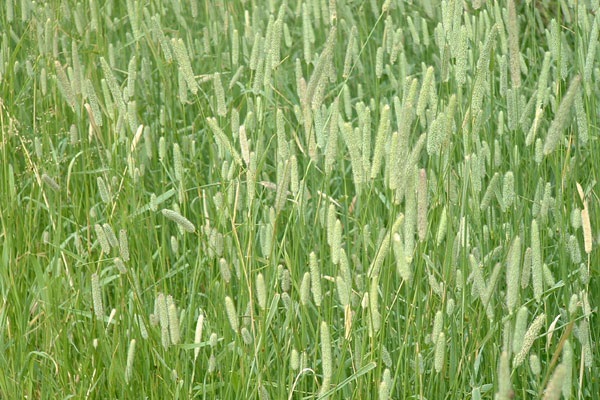
|
|
|
Tags :
Hay For Health And Happiness , Timothy Hay South Africa , Hay supplier , feeding timothy hay , rabbit food , guinea pig food , chinchilla food
|
|
|
|
11
JUN
2014
|
|
|
|
Guinea Pigs, also known as Cavies, make wonderful pets. They are small, gentle creatures who typically have a good nature, rarely biting when handled correctly. Many people do not know that when cared for in the correct manner a guinea pig can live as long as eight years or more.
Feeding your guinea pig a good diet of quality food is important and there are a number of things you should consider about your guinea pig’s diet:
Complete Food?
We believe that no single guinea pig food can be labelled as “complete”. Your pet’s dietary requirements are complex so you need to feed a combination of foods to satisfy his needs. You should instead look for guinea pig food which is labelled as “Complementary”. Complementary guinea pig food will be a mix of several core elements. These elements should include hay and grass, which deliver fibre, nuggets, fresh greens and water.
The problems with feeding muesli
Guinea Pig Muesli is not t.. [More]
|
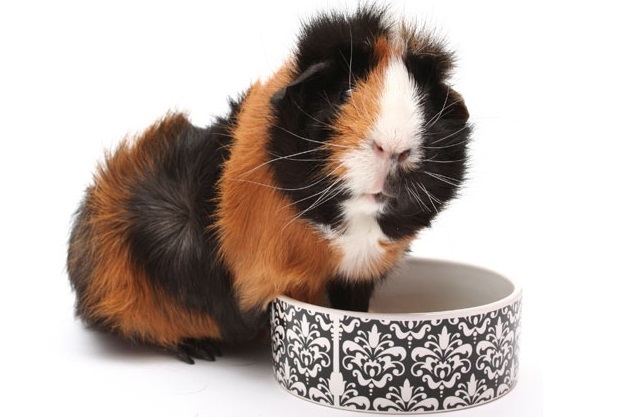
|
|
|
Tags :
Guinea Pig Food Complete or Complementary , feeding pet guinea pigs
|
|
|
|
06
JUN
2014
|
|
|
|
Fibre facts:
Fibre is the most important ingredient in rabbit food. It is essential for normal wear of teeth. So much so that FEDIAF state “For the health and well-being of a rabbit good quality hay should be fed at all times”.
Daily fibre intake is essential to the rabbit to maintain normal:
gut function
dental wear
fermentation in the caecum.
Fibre comes mainly from plant cell walls.
Plant cell walls containing lignin, cellulose and silicate phytoliths are also important for salivation and dental health.
Plant cell walls consist of polysaccharides associated with;
glycoproteins
phenolic compounds
acetic acid
lignin
Fibre definitions:
Digestible fibre – a young growing plant cell has primary cell walls, which contains fermentable or digestible fibre. This fibre supports caecal fermentation.
Indigestible fibre – older plants develop secondary cell walls, which cons.. [More]
|
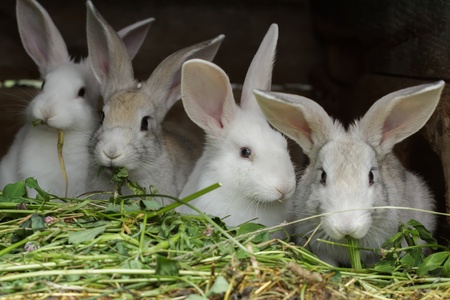
|
|
|
Tags :
Fibre Facts On Pet Food Labels , Fibre Facts & Definitions , Pet Rabbit Food South Africa , Chinchilla food South Africa , Pet Guinea Pig food South Africa , Timothy Hay South Africa , Teff Hay , Rabbit Hay ,
|
|
|
|
01
JUN
2014
|
|
|
|
Last April there was a lot of publicity over some joint research by the the Royal (Dick) School of Veterinary Studies and Burgess Pet Care into the effects of diet on rabbit’s health. The paper with the results was just published and I thought I’d summarise some of the findings for you.
What they studied
Thirty two dutch rabbits were neutered, vaccinated and divided into four groups to feed one of the following diets:
Extruded nuggets with hay (EH)
Muesli with hay (MH)
Hay only (HO)
Muesli only (MO)
They were then monitored over an 18 month period to observe the impact of the diets. The researchers measured things like how much food they ate and what came out the other end, and took x-rays of their teeth at regular intervals.
Hay Intake
Unsurprisingly the hay only group had the largest hay intake, but there were also differences between the Muesli-Hay and Nugget-Hay groups, with the Nu.. [More]
|
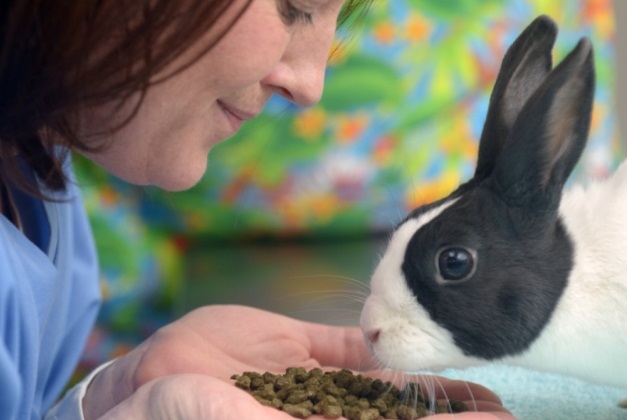
|
|
|
Tags :
Muesli Versus Pellets Research Revealed Into Rabbit and Guinea Pig Food Diets , Pet Rabbit Food South Africa , Pet Guinea Pig Food South Africa , Chinchilla Food
|
|
|
|
25
MAY
2014
|
|
|
|
Vets report that four out of five guinea pigs that come into their practice have a health problem that is directly related to poor diet. Common ailments are constipation, overgrown teeth, obesity and other problems related to these primary issues.
The good news is that many of these are easily prevented if owners understood a bit more about what their guinea pigs should be eating and why.
A day in the life of a wild guinea pig
Consider a day in the life of a wild guinea pig. He would spend 70% of his time above ground searching out or 'foraging' for food while keeping a beady eye out for predators, to make sure he wasn't going to end up as someone else's dinner! As a ground feeder, his diet would be mainly made up of grasses, hay, herbs and bark - all high fibre foods! He couldn't climb trees to get fruit. His territory would be the equivalent of around 20 tennis courts meaning he'd get a lot of exercise every day searching out food acr.. [More]
|
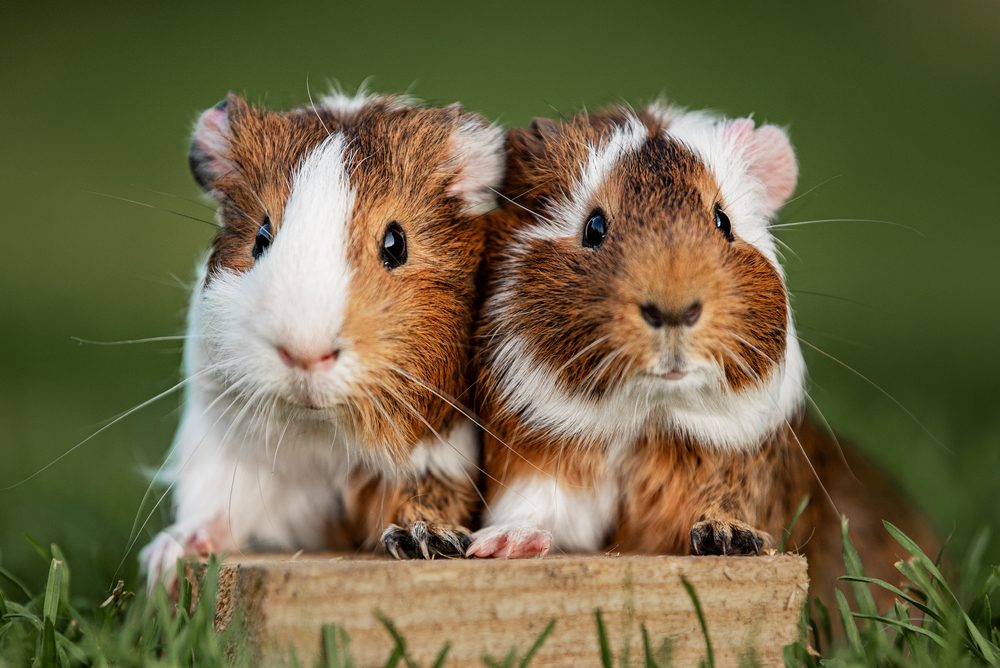
|
|
|
Tags :
Why Timothy Hay Is Best Food For Guinea Pigs In South Africa
|
|
|
|
24
MAY
2014
|
|
|
|
FANTASTIC NEWS! New research conducted by The University of Edinburgh & Burgess Pet Care has shown that rabbits fed on a muesli diet are more likely to suffer from dental and digestive problems. Pets at Home have taken a HUGE step by announcing the following: “We’re phasing out rabbit muesli in our stores & advising all our rabbit customers to transition onto rabbit nuggets and hay.”
Why are Pets at Home discontinuing rabbit muesli?
Pets at Home the largest pet retailer in the UK with more than 360 stores support the latest thinking in pet welfare standards and this decision has been taken in light of the weight of feeling amongst the veterinary community towards the feeding of muesli based diets, and their potential negative effects on the health of rabbits.
What is selective feeding?
A muesli diet consists of lots of different ingredients that make up the mix. A rabbit fed on muesli may pick out their favourite bi.. [More]
|

|
|
|
Tags :
Latest Muesli Research Findings by The University of Edinburgh & Burgess Pet Care , UK Pet Stores Stop Selling Rabbit Muesli
|
|
|
|
|
|
Category List
|
|
|
|
|
|
Archive List
|
2025 2023 2022 2021 2020 2019 2018 2017 2016 2015 2014 |
|
|